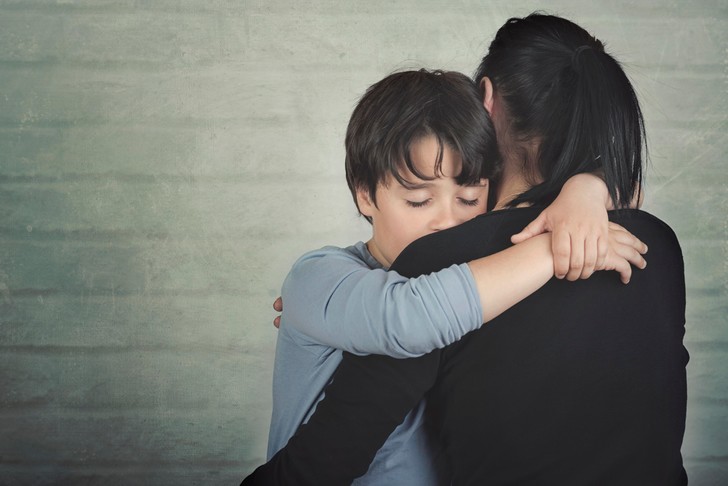UNICEF’s Guide for Parents and Teachers Helping Children Cope with the Stress of War
Children should not live in a state of war! And point! But creating an information vacuum around the child, if this happens, is a mistaken tactic. For the most difficult and frightening topic in communication, you need to be able to find the right words, and not mindlessly sow fear in small hearts and panic in fragile minds.
We encourage you to read these excerpts from UNICEF’s Helping Children Cope with the Stress of War for parents and teachers.
Listen to children:
• Choose a time and place for your child to ask you all their questions. Do not force children to talk about something until they are ready for it.
• Remember that children tend to personalize situations. For example, they may worry about friends or relatives who live in a city or country associated with special operations or other tragic events.
• Help children find the best way to express their feelings. Some children may refuse to talk about their thoughts, feelings, or fears. But they may like the idea of drawing matching pictures, acting out scenes with toys, or even writing stories or poetry.
Answer the children’s questions:
• Use words and terms that your child understands. Make your explanation appropriate to your child’s age and level of understanding. Don’t overload your child with too much information.
• Give children honest answers and information. Children will usually know if you are lying to them.
• Be prepared to repeat explanations or have several conversations. Some information may be difficult to accept or understand. By asking the same question over and over again, your child may ask for comfort.
• Recognize and support your child’s thoughts, feelings, and reactions. Let him know that you consider his questions and concerns to be important.
• Avoid stereotyping groups of people based on race, nationality, or religion. Use this opportunity to teach them tolerance and remove prejudice.
• Remember that children learn by watching their parents and mentors. They are very interested in how you react to events. They learn by listening to your conversations with other adults.
Support children:
• Prevent children from watching a lot of violent or upsetting images on TV or on the Internet. Repetitive frightening images or scenes can be very disturbing, especially for little ones.
• Coordinate information sharing between home and school. Parents should be aware of activities and discussions at school. Teachers should be aware of a child’s specific fears or concerns.
• Children who have previously experienced trauma or loss may react more intensely to tragedy or news of war or terrorist attacks. These children may need extra support and attention.
• Watch for physical symptoms associated with stress. Many children show their inner anxiety by complaining of physical pain.
• Watch out for possible preoccupation with violent films or war video/computer games.
• Children who appear anxious or very stressed because of war, fighting or terrorism should be evaluated by a qualified mental health professional. Other signs that a child may need professional help include: persistent sleep problems, persistent disturbing thoughts, terrifying images, intense fears of death, and problems leaving parents or attending school. A pediatrician can help with appropriate referrals.
• Help children connect with others and express themselves. Some children may want to write letters to the president, governor, local newspaper, or grieving families.
• Let children be children. They may not want to think or talk much about these events. It’s okay if they prefer to play ball, climb trees, ride a bike, etc.
Military action and terrorism are not easy to understand or accept. Understandably, many young children feel confused, frustrated, and anxious. Parents, teachers, and caring adults can help by listening and answering honestly, consistently, and graciously. Remember that most children, even those who have been traumatized, are fairly resilient. Like most adults, they can and do go through hard times and get on with their lives.









